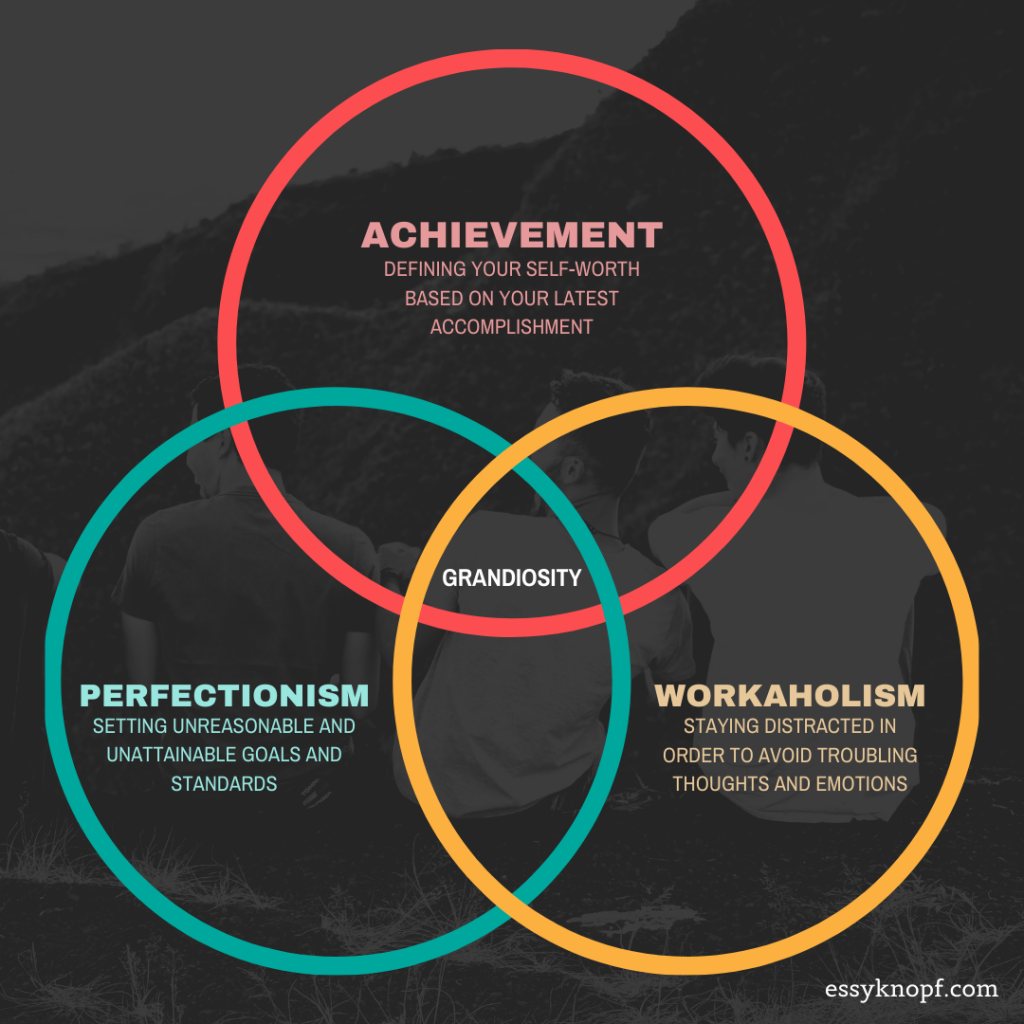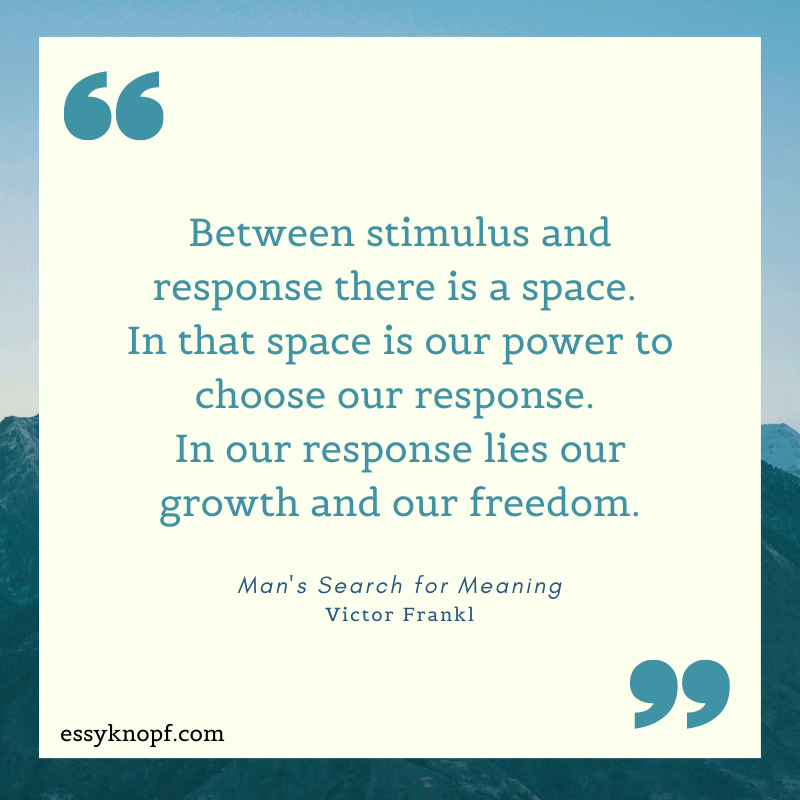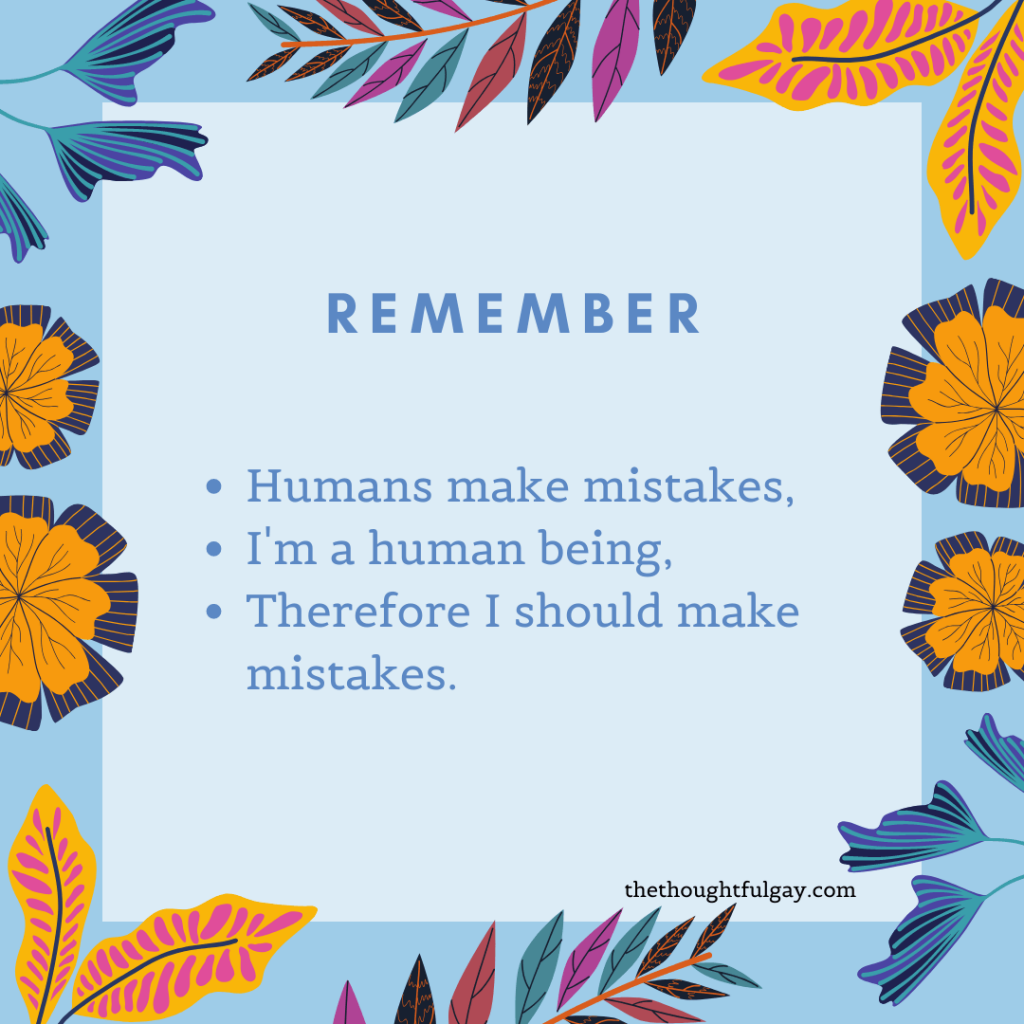Four ways gay men can triumph over the inner critic
From an early age, my inner critic made me conscious of how different I was from other kids.
First, there were the niche interests, from learning the Latin names of dinosaurs to cataloging insects. I didn’t understand social nuance and was often direct to the point of being rude.
Labels inside my clothing chafed. I would lie in bed at night, disturbed by the feeling of pilling bedsheets against my toenails. All problems that seemed exclusive to me.
In second grade, I noticed my peers had mastered the art of tying their own shoelaces.
For me, it felt like an impossible task, as if the necessary neural connections just weren’t there. It took me a full year longer to acquire this basic skill.
My feeling of incompetence was deepened by the fact I scored poorly in handwriting and physical education.
I became acutely aware of my shortcomings, to the point I avoided playing sports, knowing it meant putting my coordination problems on display for all to see.
Table of contents
The terrible legacy of the inner critic
For 26 years, I labored under three contrary beliefs: that something was inherently wrong with me, that I was unfairly judged because of it, and that the problem must, therefore, lay entirely with others. My conscience self-righteously embraced the latter.
But as the cruel words and criticisms accrued, and I defensively pointed the finger right back, I subconsciously internalized them as the truth.
Then I received an official diagnosis: Asperger syndrome (autism). The pillars of my self-perception were shaken.
I knew now that there was indeed something different about me. I was not, as I had come to believe, an inherently bad person deserving of the scorn, mockery, and rejection I’d received in my school years.
This diagnosis enabled me to separate my sense of self-value from the limitations of my disability.
In so doing, I was able to abandon the blindspot in which I had lived; to accept that I had room for growth.
I experienced something similar with my sexuality, learning to accept that being gay did not make me a defective person. These revelations should have liberated me. They didn’t.
My inner critic remained, attacking me on an almost daily basis. So long as I took its tongue-lashings, I figured everything would be okay, and my self-esteem would remain intact.
But the critic proved a power-hungry tyrant, demanding constant achievement, perfectionism, and workaholism – what I’ve called three faces of grandiosity.

What began as a means of survival had become the greatest obstacle to my wellbeing.
1. Resist ‘preemptive suffering’
While you may not have a disability, as gay men we are likely to have experienced marginalization, persecution, or invalidation. We may have even suffered neglect, abuse, or trauma.
These experiences teach us to adopt self-criticism as a means of protecting ourselves. The insidious whisperings of this inner critic may not always reach your conscious awareness.
You may not even exhibit obvious signs of its influence, such as grandiosity. Yet sooner or later, these signs surface, sometimes in the form of catastrophizing, or what I’ll call “preemptive suffering”.
People who preempt are their own worst enemies, operating by the principle that they would rather cut themselves down before anyone else can.
Popular culture leads us to believe that negative self-talk can be countered by building positive self-esteem. But self-esteem is by nature delusional, or contingent. To quote Self-Compassion author Kristin Neff:
To always feel like you’re awesome you need to either divorce yourself from reality or be on a treadmill of constantly proving your value. At some point you won’t measure up, which then craters your self-esteem. Not to mention relentlessly proving yourself is exhausting and unsettling.
Is there a better alternative? According to Neff, yes. Instead of manufacturing an inflated image of yourself or “slaying dragons every day”, we can opt instead for self-compassion.
2. Avoid the blame game
When we fail, when often feel inferior or inadequate. Rather than acknowledging our pain, we go into attack mode, using blame to displace our feelings of guilt, shame, or humiliation onto others.
Venting your feelings may feel great at that moment in time, but it often triggers an escalating, zero-sum conflict. Forced to defend their pride, participants dig in.
Hostility poisons the pool of mutual understanding, and before long both parties have plunged headlong into interpersonal trench warfare.
In the words of Man’s Search for Meaning author Victor Frankl: “Between stimulus and response there is a space. In that space is our power to choose our response. In our response lies our growth and our freedom”.
So rather than reacting, take a moment to pause and reflect. What has this person said/done? How did this trigger the inner critic? What familiar scripts is it resorting to?
3. Be OK with imperfection
If we don’t blame others, we will most certainly blame ourselves.
When we make mistakes, the inner critic is always there, waiting to pounce. “See?” it says. “I told you so. You’re irredeemably bad. You should feel ashamed. You’ll forever be a failure – that’s a fact.”

Living under the yoke of the inner critic can be incredibly taxing. But rather than refuting such accusations or challenging them with contradictory evidence, we can sidestep them entirely.
We do this by acknowledging our fallibility as a fact. This disarms the inner critic. Finding truth in criticism robs it of its power.
Try repeating this handy syllogism, paraphrased from David Burns’ book Feeling Good:
- Humans occasionally make mistakes,
- I’m a human being,
- Therefore I should occasionally make mistakes.
4. Be your own comforter
When something goes wrong, we can offer ourselves comfort and consolation. We do this by verbally affirming our own worth and assuring ourselves that everything is okay, that we did our best given the circumstances.
Here are three self-compassion tips by Nonviolent Communication author Marshall Rosenberg and Kristen Neff you can consider practicing:
- Call your inner critic out. One trick therapists recommend for dealing with unwanted thoughts or emotions is to wear a rubber band around your wrist and snap it every time they surface. Use one word to identify what you’re feeling, e.g. “shame” and repeat it as an acknowledgment. Identify your inner critic’s intentions in trying to protect you, while offering some gentle course correction.
- Reframe your inner dialogue by asking yourself four questions: What am I observing? What am I feeling? What am I needing right now? Do I have a request of myself or someone else?
- In moments of emotional distress, find somewhere private and adopt the role of a comforter, speaking to yourself in the tone of a mother trying to soothe a baby. Caress your arm. Hold your face in your hands. Hug yourself.

These nurturing gestures can help trigger a release of the powerful chemical oxytocin, which will, in turn, improve your mood and shift the tone of internal dialogue towards kindness.
By cultivating self-compassion, we can take steps towards achieving the healing we all deserve.
Takeaways
- Recognize when you’re engaging in preemptive suffering.
- Rather than blaming others for our feelings, simply acknowledge them – then offer yourself the comfort and reassurance you’re really seeking.
- Disarm the inner critic by accepting your imperfection as a fact.

Essy Knopf is a therapist who likes to explore what it means to be neurodivergent and queer. Subscribe to get all new posts sent directly to your inbox.
© 2025 Ehsan "Essy" Knopf. Any views or opinions represented in this blog are personal and belong solely to the blog owner and do not represent those of people, institutions or organizations that the owner may or may not be associated with in professional or personal capacity, unless explicitly stated. All content found on the EssyKnopf.com website and affiliated social media accounts were created for informational purposes only and should not be treated as a substitute for the advice of qualified medical or mental health professionals. Always follow the advice of your designated provider.


